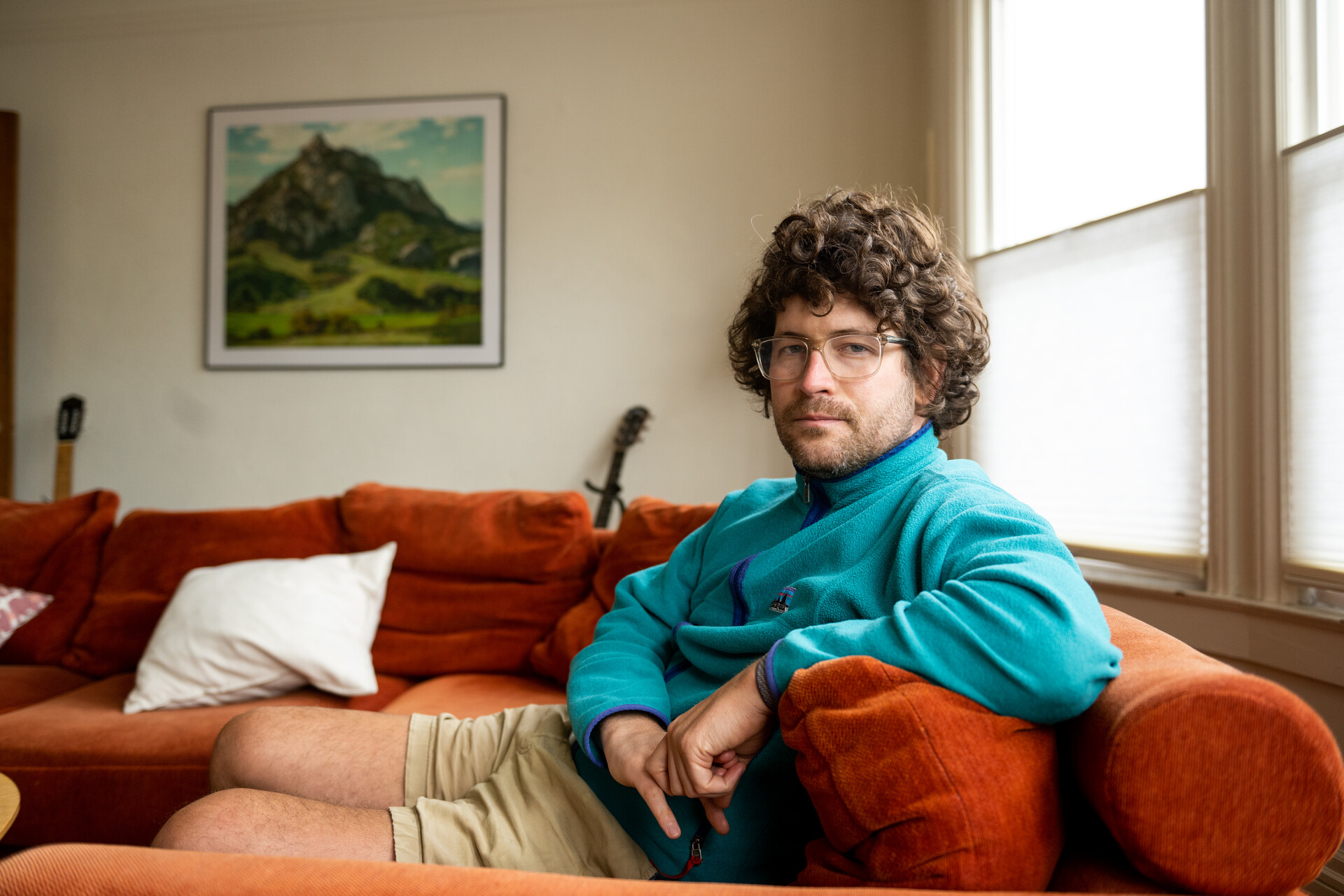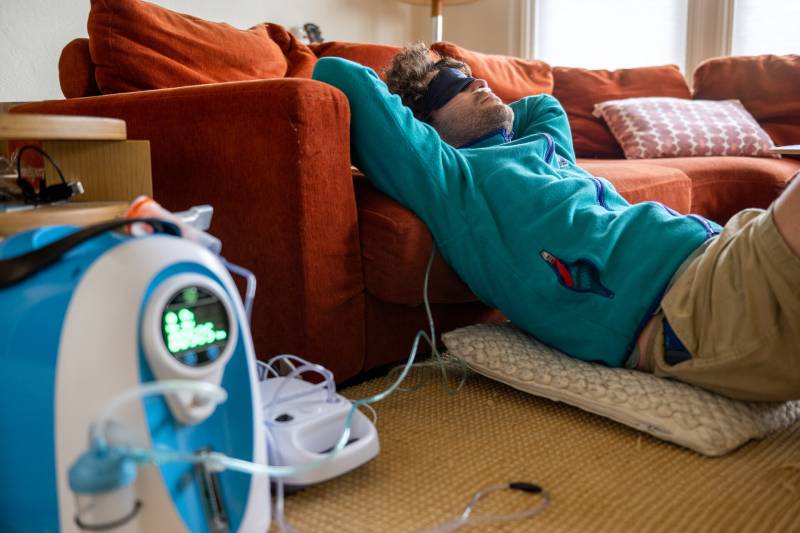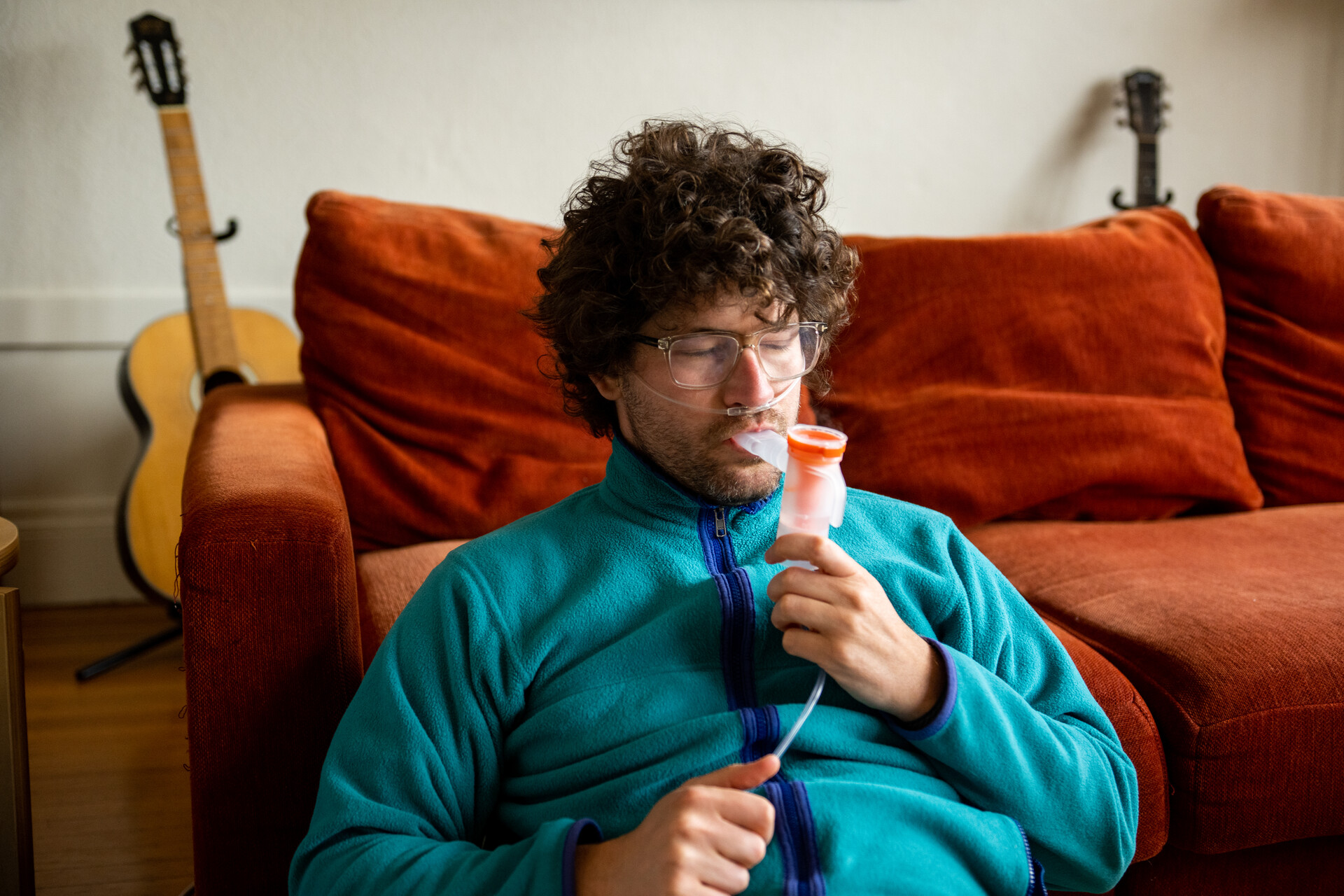After contracting COVID-19 at the onset of the pandemic more than three years ago, Charlie McCone is still very much hostage to the disease.
“I can shower myself and I can do that stuff, but that’s kind of about it,” said McCone, a previously healthy Bay Area man in his 30s. “If I have to make lunch, I’m laid out for a couple of hours. If I have to make dinner, it’s doomsday. I can’t stand up for longer than five minutes without all of my symptoms going haywire.”
McCone is among the millions of Americans with long COVID, a condition broadly defined as a collection of often-debilitating symptoms — everything from brain fog and fatigue to respiratory and heart problems — that can develop or intensify after an initial COVID infection.
“This isn’t a mild condition. This is completely life-altering,” said McCone, who notes that many other long COVID patients are in even worse shape than he is. “We have patients who are taking their lives. This is the fastest-growing health crisis in America.”
Amid the end of the federal health emergency earlier this month, as the vast majority of people in this country have ditched their masks and resumed their pre-pandemic lives, McCone and other long COVID patients say they feel largely left behind, and see no end to their suffering.

“My biggest frustration right now isn’t in my symptoms,” McCone said. “It’s in the lack of action around doing things we know could help patients right now.”
McCone and other long COVID patients and advocates have for years pushed state and federal health agencies to begin trials for long COVID treatments, underscoring the urgency of the situation, but say their efforts have gained little traction.
“A lot of times it feels like the patient community is screaming into a void,” said Lisa McCorkell, an Oakland resident who has experienced long COVID symptoms for more than three years, and who now runs a group that advocates for patient-involved research on the condition. “It really feels like [we’re] not being heard a lot of the time.”


